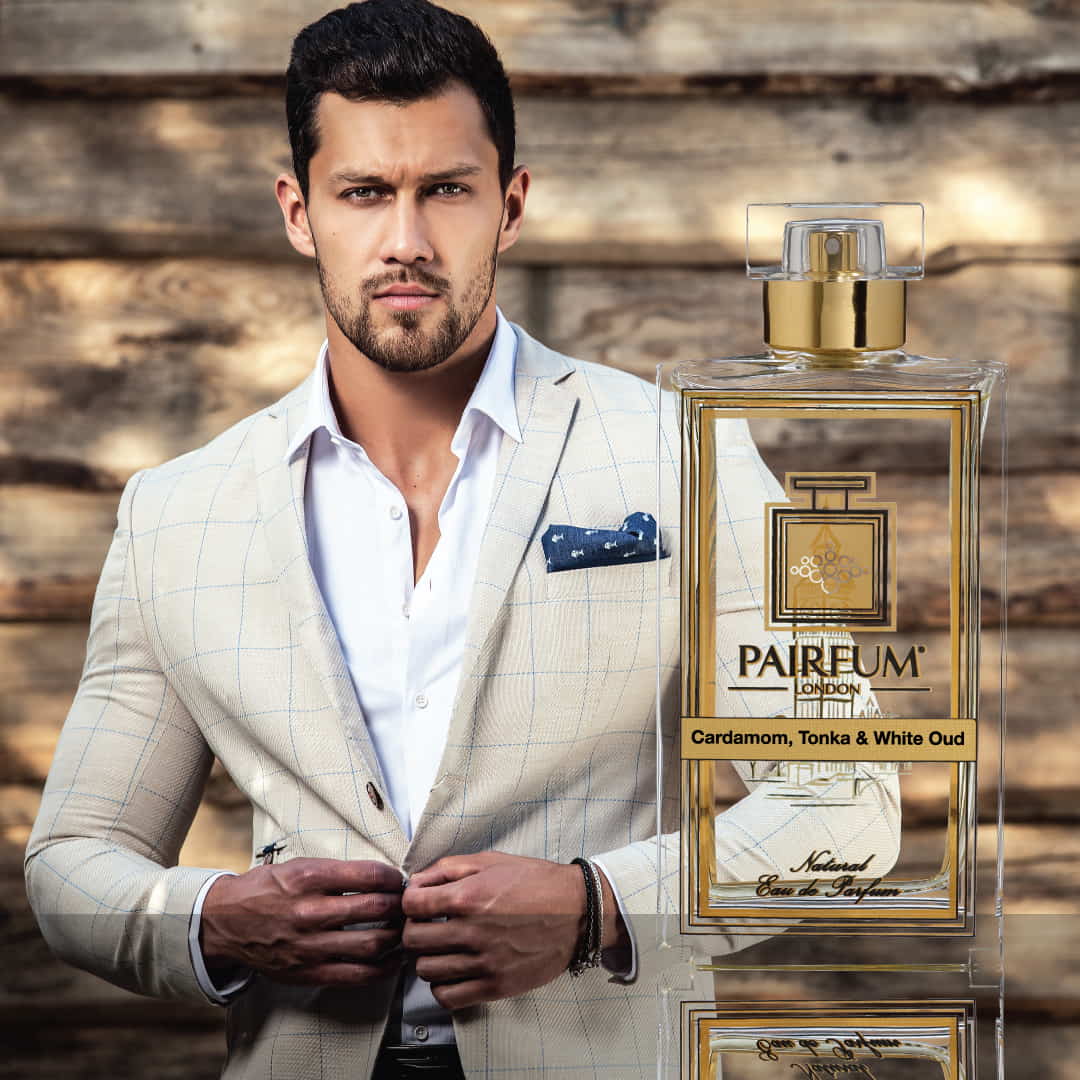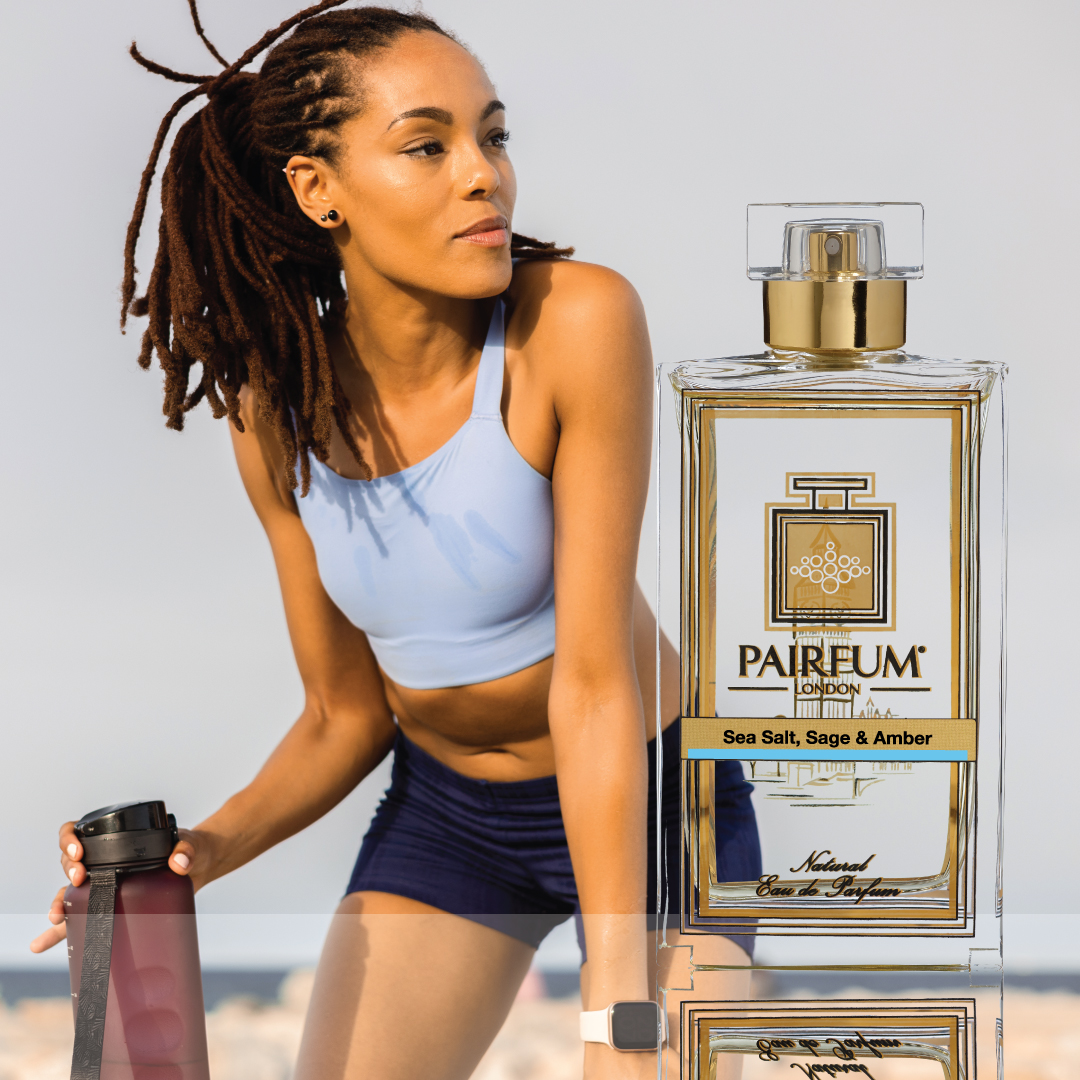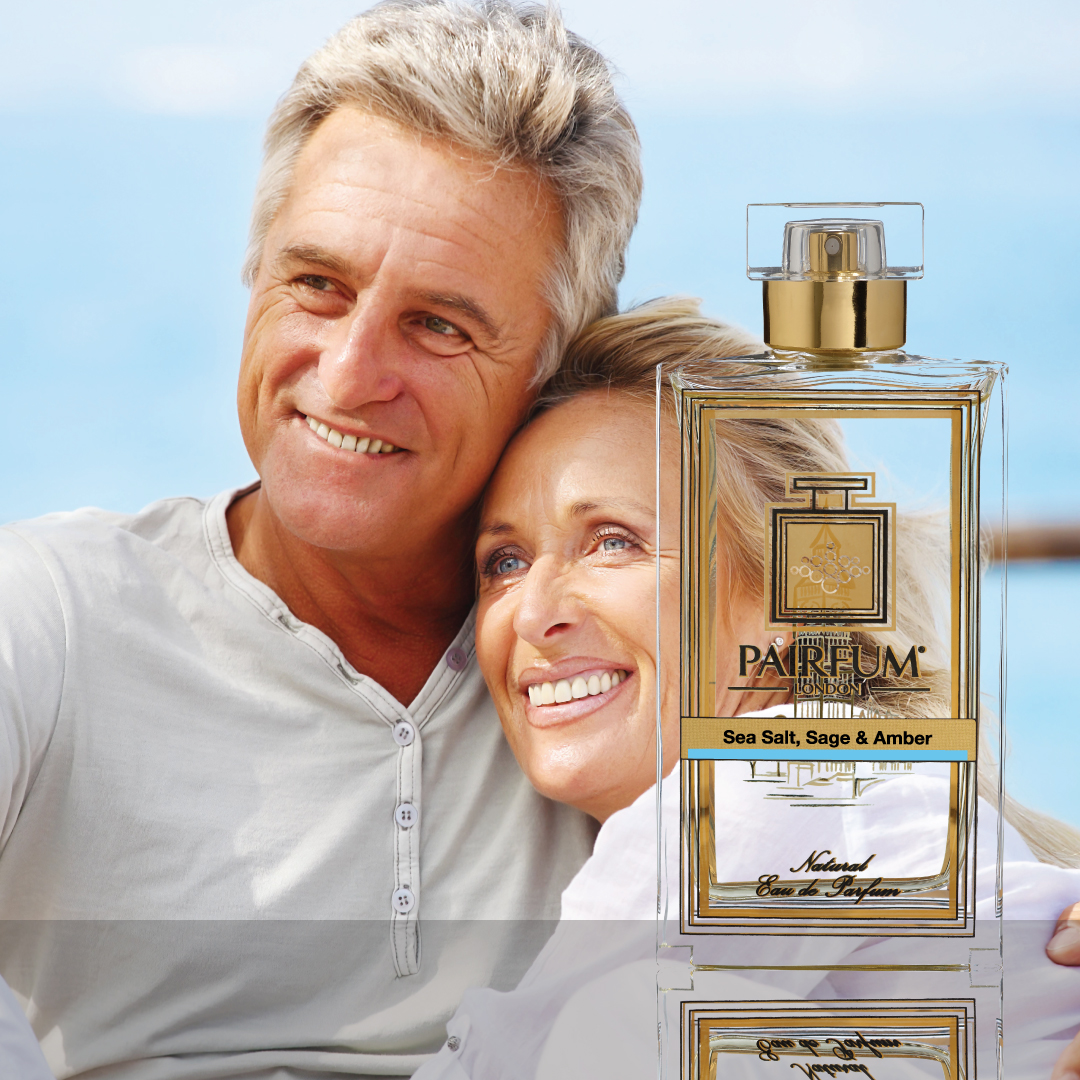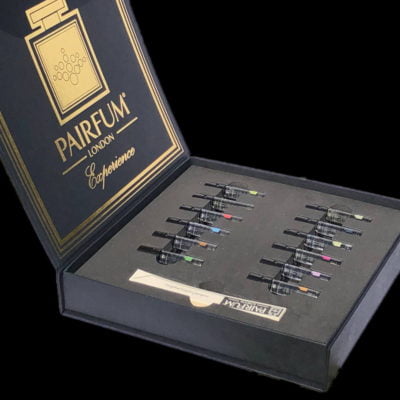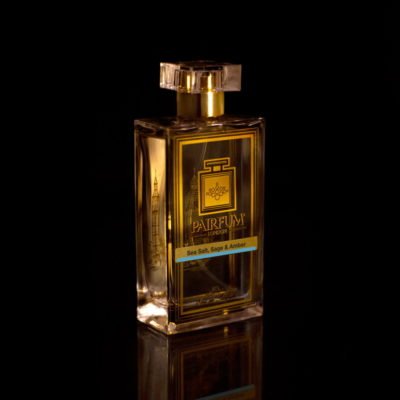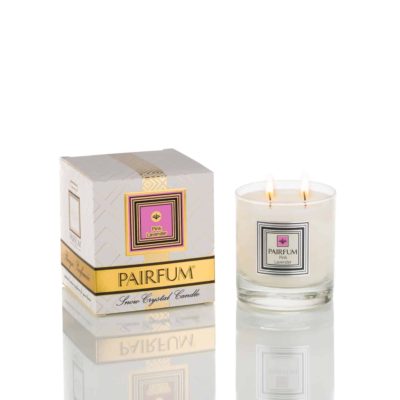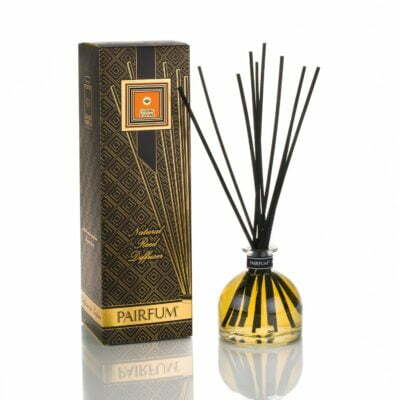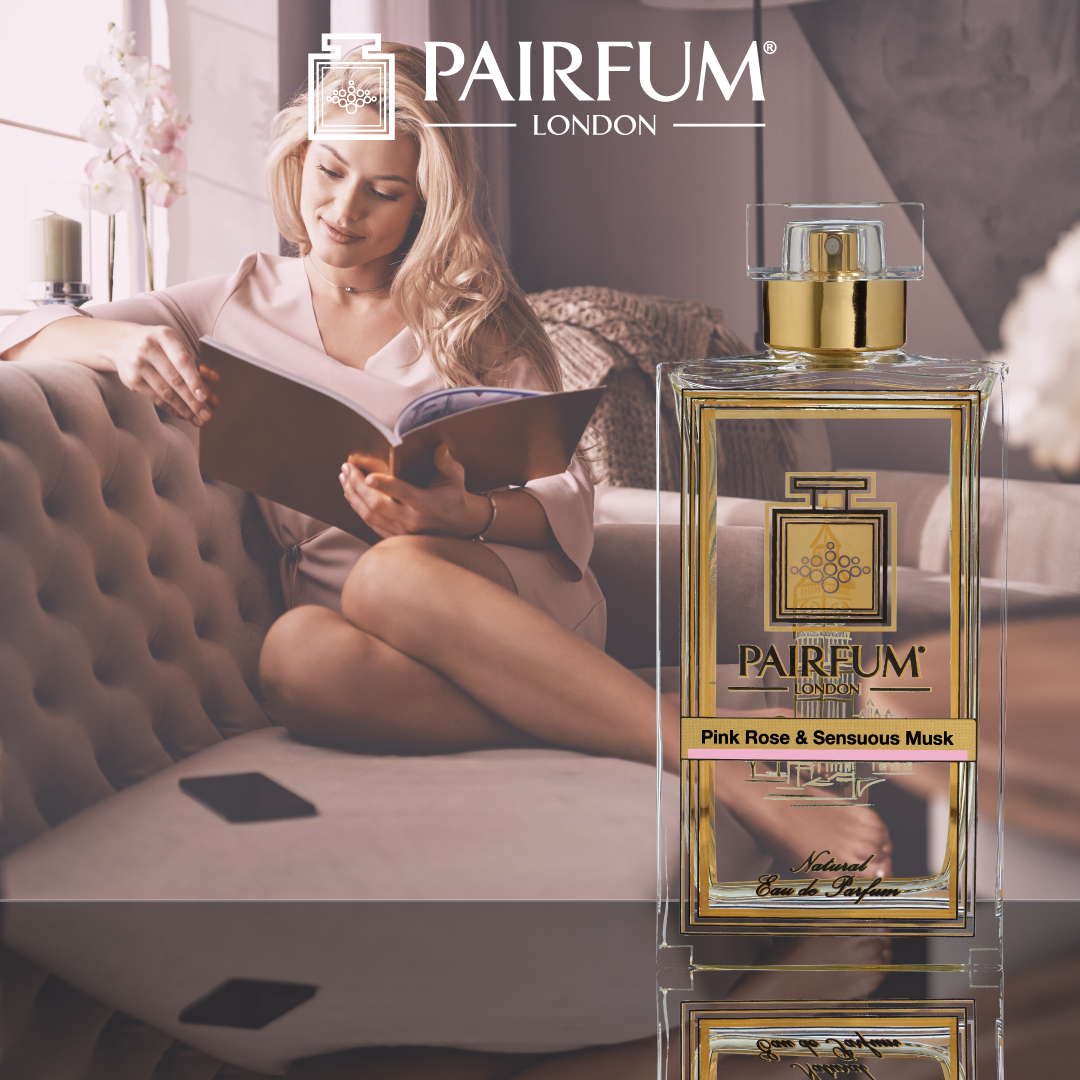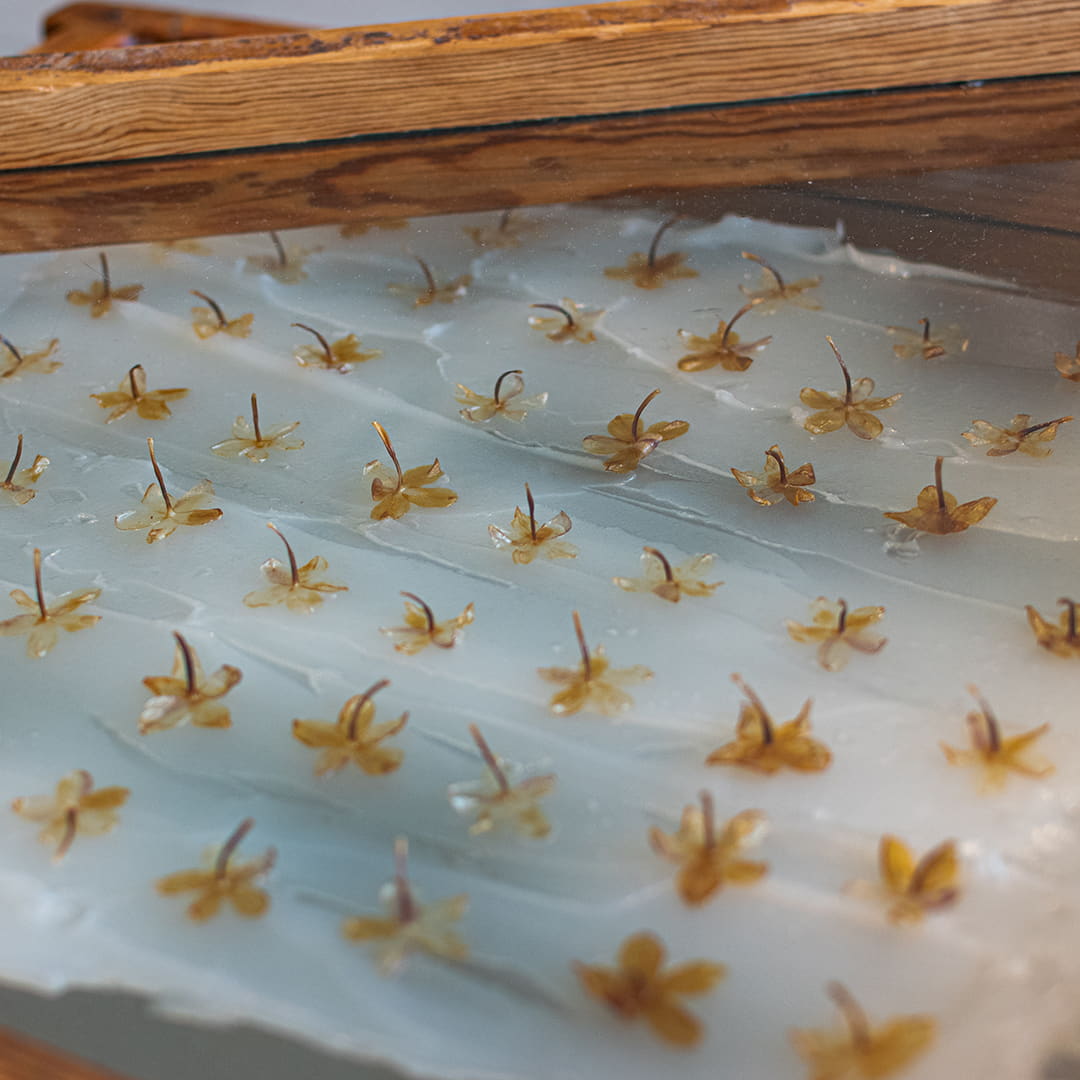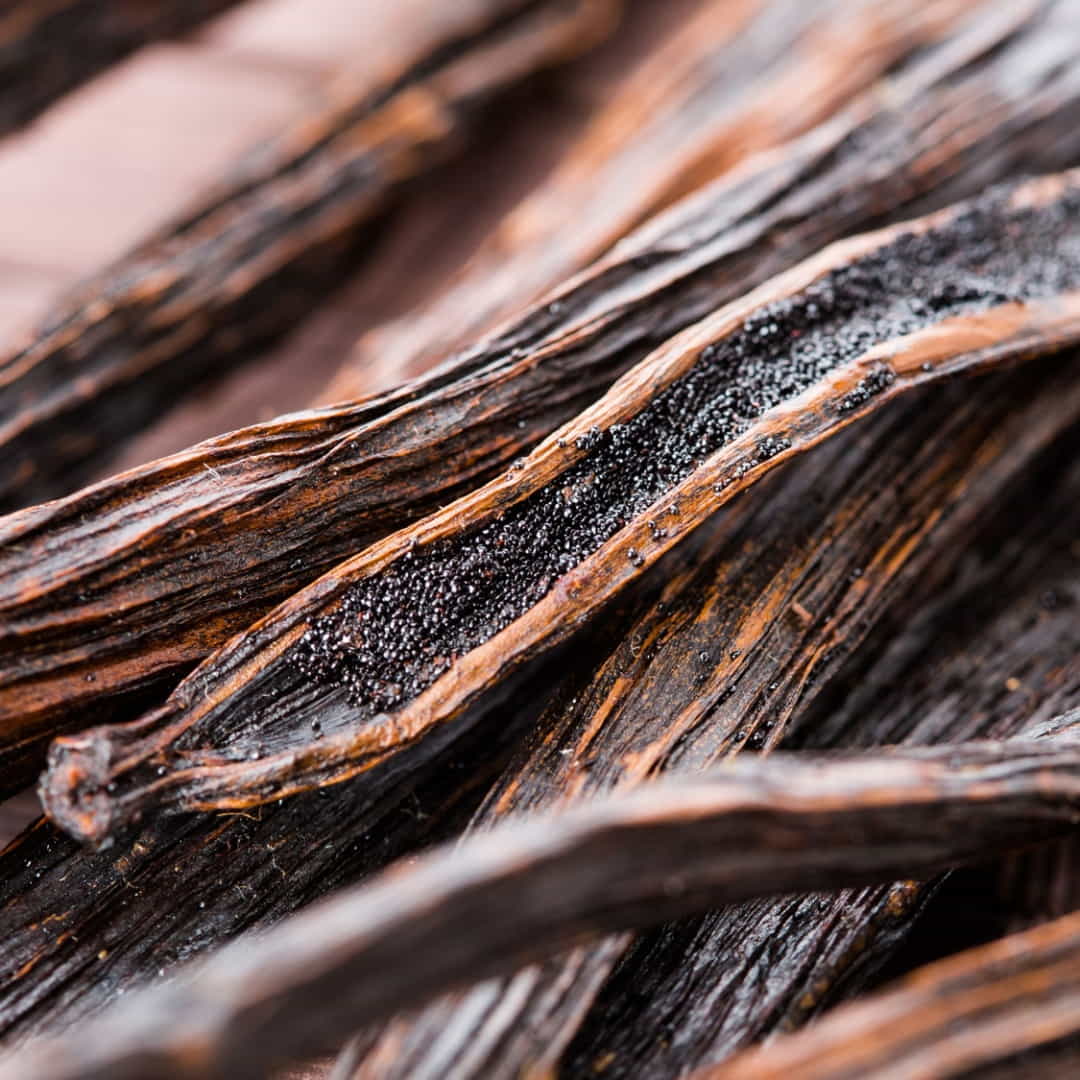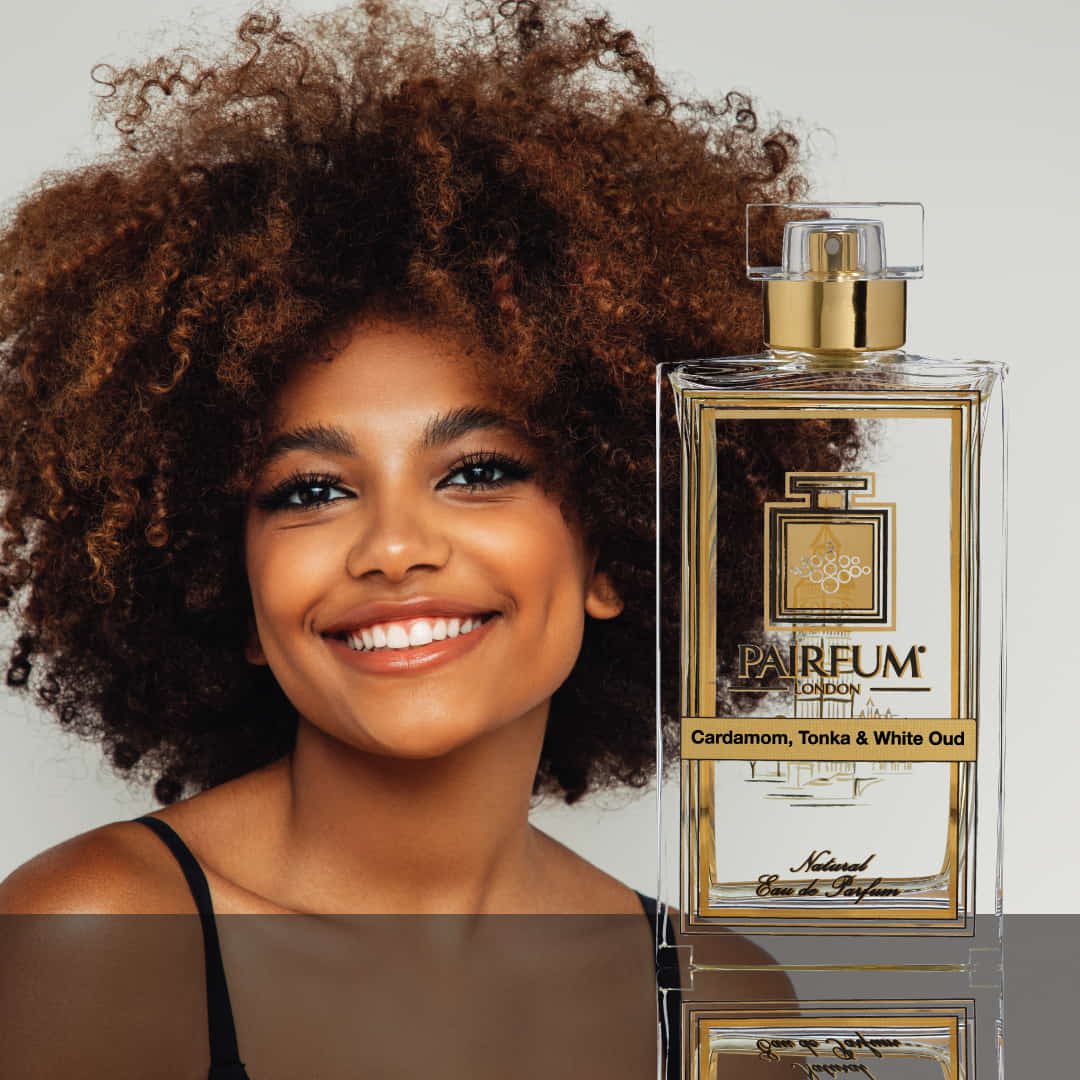As you grow to love perfume, you might like to find out more about fragrance and it is probably difficult to know where to start.
In this context, we are often asked:
- What are the 10 x Things Everybody Needs To Know About Perfume?
- What can you tell me about perfume? or
- What should I know about fragrance?
- etc.
You get the gist.

With this in mind, we have created this list of the top 10 x things everybody needs to know about perfume:
- Perfume Composition: Perfumes are crafted from a combination of various ingredients such as essential oils, aroma compounds, fixatives, and solvents. These elements work together to create the desired fragrance.
- Fragrance Notes: Perfumes are often described in terms of top, middle, and base notes. Top notes are the initial scents that you smell upon application, while middle notes emerge as the top notes evaporate. Base notes are the long-lasting scents that remain after the perfume settles on the skin.
- Fragrance Families: Perfumes are categorized into different fragrance families, such as floral, oriental, woody, citrus, and fresh. Understanding these families can help you choose scents that align with your preferences.
- Fragrance Concentration: Perfumes come in different concentrations, ranging from eau de cologne (least concentrated) to eau de toilette, eau de parfum, and parfum (most concentrated). Higher concentrations typically last longer on the skin.
- Skin Chemistry: Perfume can smell different on different individuals due to variations in skin chemistry. It’s essential to test perfumes on your own skin to see how they interact with your body’s natural scent.
- Sillage: Sillage refers to the trail or aura left by a perfume as it diffuses in the air. Some perfumes have a strong sillage, while others have a more intimate or close-to-the-skin effect.
- Storage: Proper storage is crucial to preserve the quality of perfumes because perfume does expire. They should be kept away from direct sunlight, heat, and extreme temperature fluctuations, as these can alter the scent, change the colour and degrade the fragrance.
- Fragrance Layering: Fragrance layering involves using complementary products, such as matching body lotions or shower gels, to enhance and prolong the scent of a perfume.
- Application Techniques: Perfume is best applied to pulse points, such as the wrists, neck, and behind the ears, where body heat helps to diffuse the fragrance. Avoid rubbing the perfume into the skin, as it can alter the scent.
- Personal Connection: Perfume is a highly personal choice and can evoke memories and emotions. It’s important to choose scents that resonate with you and make you feel confident and comfortable. Your fragrance becomes part of our aura that you radiate. People will remember you by your perfume.
These ten points cover key aspects of perfume, providing a foundation of knowledge for understanding and enjoying fragrances.
They can also be starting points for conversations with your friends & family about perfume. We invite you to ask them what they know about perfume or what their fragrance means to them.
As perfumers, we are continuously surprised by and in awe of what our customers, patrons, friends & family tell us about perfume.
